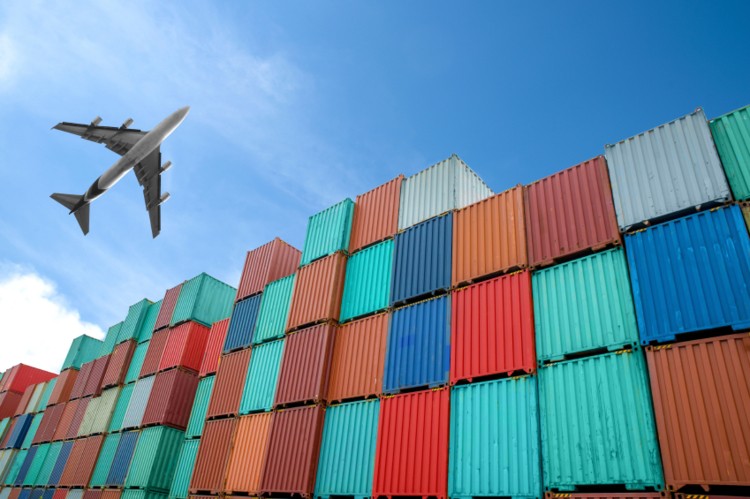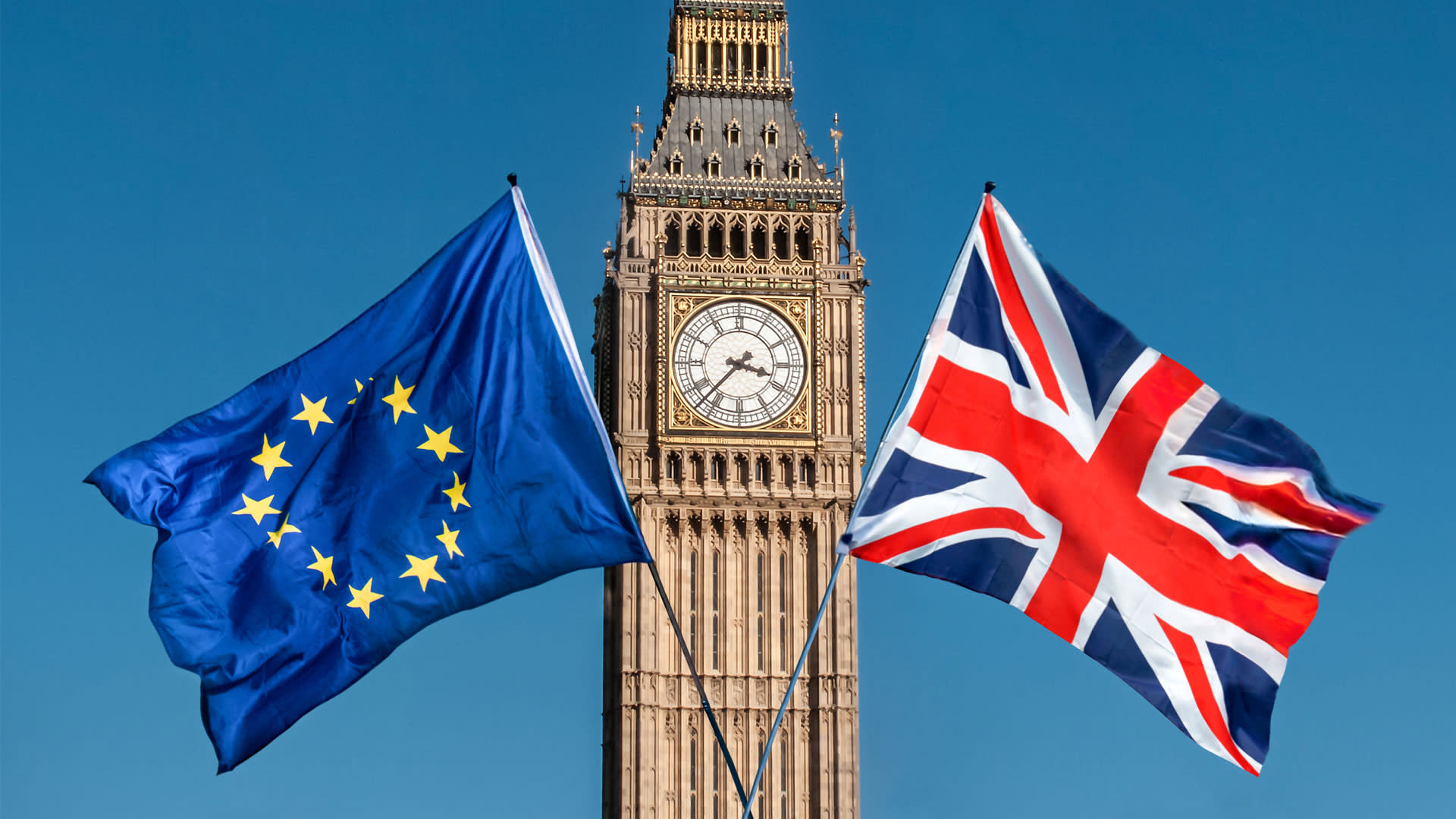On December 13, 2024, the EU’s General Product Safety Regulation (GPSR) takes effect, replacing the 2001 General Product Safety Directive. This regulatory shift introduces new safety and compliance obligations for businesses selling consumer goods into the EU and Northern Ireland, including specific implications for the agri-food sector. While the GPSR focuses on non-food consumer products, businesses handling fresh produce, meats, oils, and other agri-food items should pay attention to indirect impacts on their operations.
The new safety regime will increase the cost and complexity of exporting to the European Union and Northern Ireland. In the short-term it further skews the playing field against British farmers and food producers, although there are noises that the UK’s product safety regime will be updated to align with the EU position.
What is the GPSR?
The GPSR updates EU product safety laws to address evolving risks, including those from e-commerce and cross-border supply chains. It applies to consumer products but excludes food, which remains governed by dedicated EU food safety regulations such as the General Food Law. However, products associated with food, such as packaging, kitchenware, and promotional items, must now comply with GPSR requirements.
Key GPSR features include:
- Mandatory safety documentation for covered products.
- Enhanced labelling and traceability rules.
- Obligations for online marketplaces to monitor compliance.
- Requirements for appointing an EU-based “Responsible Person” for non-EU manufacturers exporting consumer products.

Implications for British Exporters of Agri-Foods
While primary foodstuffs are not directly regulated under GPSR, exporters should note the following:
Food-Adjacent Products: Exporters bundling fresh produce or agri-foods with consumer goods, like containers, utensils, or promotional items, must ensure those items comply with GPSR standards.
Traceability Documentation: The GPSR’s focus on traceability reinforces existing food safety obligations, requiring clear documentation for items entering the EU market. All products must have a batch or serial number.
EU-Based Representation: If exporting food-related consumer goods, British companies must appoint an EU-based Responsible Person to ensure GPSR compliance—a step that incurs additional costs, including administrative and legal fees.
Impact on Importers of EU Foods
As a piece of EU law, the GPSR won’t apply directly to Britain. However, food manufacturers and importers should be mindful that the UK is also planning to review its product safety regulation. From early feedback, it is clear there is an appetite for an UK system that is closely aligned to the EU – and the GPSR is an indicator of what we might expect for future UK regulations.

Compliance Steps for the Food Supply Chain
British food businesses which export to the EU should be aware of their obligations under the new GPSR regulations.
Audit Product Lines: identify items that fall under GPSR, such as packaging or promotional goods accompanying food exports.
Enhance Documentation: maintain thorough records of all relevant safety and compliance checks.
Engage Representation: collaborate with an EU-based Responsible Person for covered products.
Coordinate with Logistics Providers: ensure that all transport and handling processes meet both GPSR and food safety requirements.
Review Online Sales Channels: E-commerce sellers must meet GPSR requirements for product descriptions, warnings, and safety disclosures.
Costs of Compliance
Complying with GPSR requirements may add costs to exporting agri-food products to the EU. Some of the costs to consider include:
Administrative Costs: establishing partnerships with EU representatives and meeting documentation requirements.
Operational Adjustments: enhancing traceability systems and ensuring compliance checks.
Legal and Consultancy Fees: for navigating new regulatory obligations.
Packaging Costs: adding batch codes and serial numbers to products.
E-commerce Updates: to include product safety information to websites.

In Conclusion
While the GPSR primarily targets non-food consumer goods, its ripple effects could influence the broader British food supply chain. By auditing operations, securing EU-based representation, and aligning with enhanced traceability expectations, businesses can navigate these changes effectively. The cost of compliance, though significant, is essential to maintaining access to the EU market—a critical destination for British agri-food exports.
By addressing these challenges proactively, British businesses can safeguard their position in the competitive EU marketplace and ensure compliance with both GPSR and food safety standards.
More From the Rural Policy Group GPSR Toolkit
GPSR & Exporting Agri-Food Products
GPSR: Implications for Online Food Retail
GPSR Compliance: Impacts on Logistics and Agri-Food Exports
GPSR & Appointing a Responsible Person
Official Guidance from the EU
The official source for information on the EU General Product Safety Regulation (GPSR) is the European Commission’s website. Read the full GPSR document here for comprehensive guidelines on the new safety requirements, compliance measures, and how businesses can adapt their practices to align with the updated regulations.
1/1 complimentary GPSR articles
Join Rural Policy Group today to access more articles on GPSR & the agri-food supply chain

